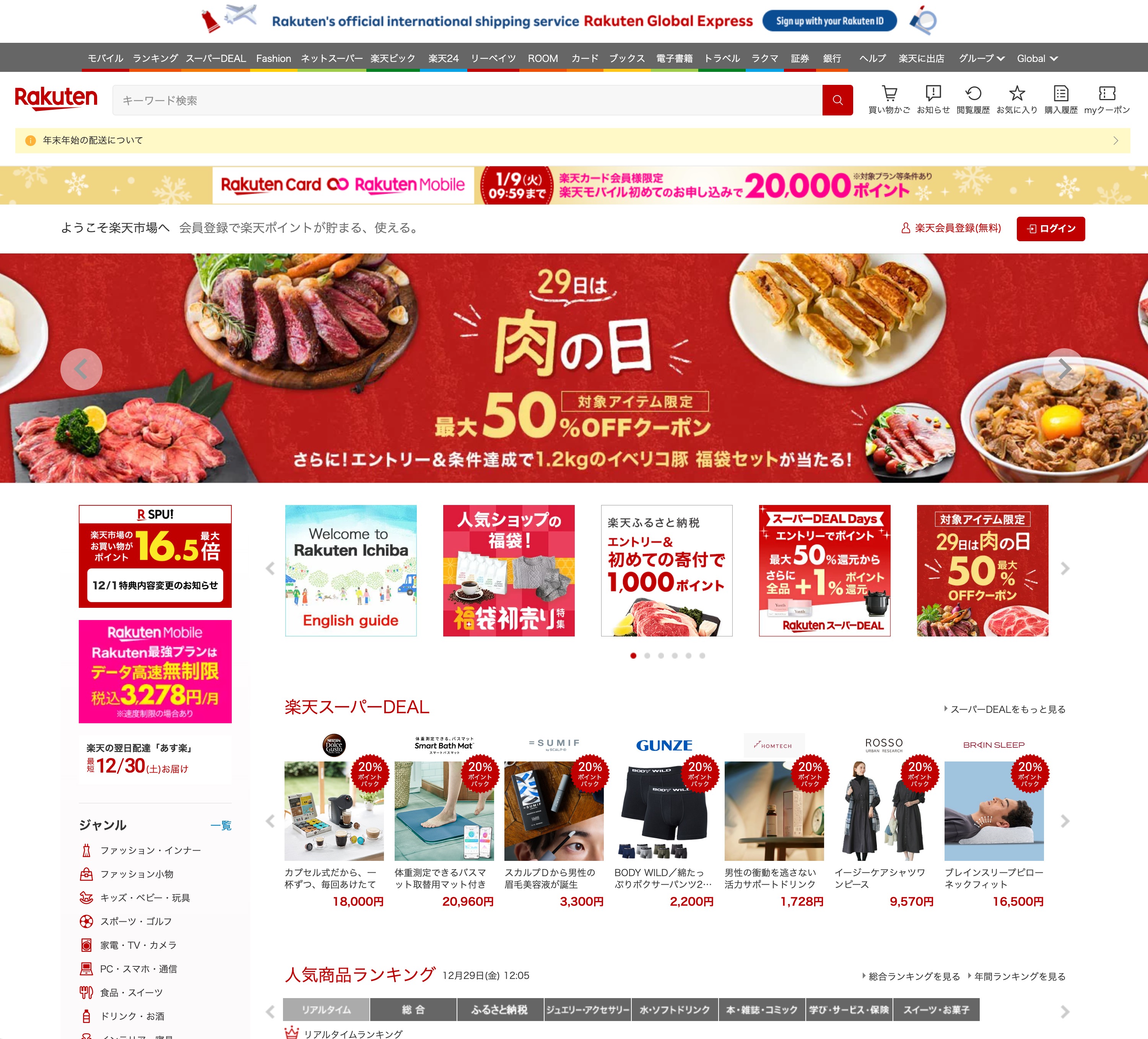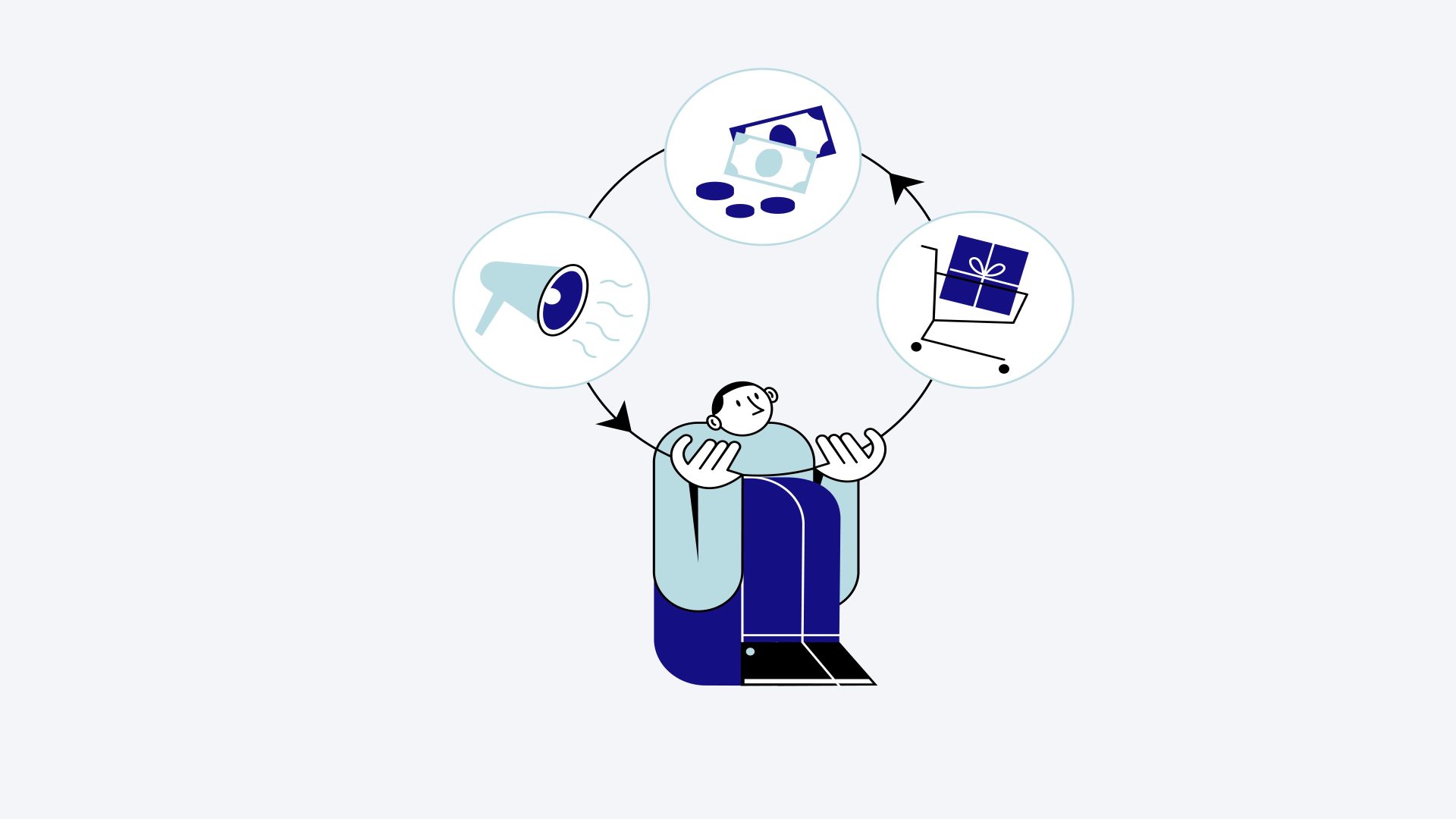When it comes to online marketing in Japan, understanding and implementing effective Japanese SEO strategies are crucial for success. With a vast and distinct online market, mastering Japanese SEO can be the key to reaching Japanese consumers and ranking higher on Japanese search engines. In this article, we will explore the importance of Japanese SEO, the specific characteristics of Japanese search engines, and the unique user behavior of the Japanese audience.
Understanding Japanese SEO
Japanese SEO involves optimizing a website to rank well in Japanese search engine results pages (SERPs) by targeting relevant keywords and creating Japanese-language content that resonates with the local audience. It encompasses strategies such as optimizing meta descriptions, URLs, and content to ensure that websites perform well on Japanese search engines and attract Japanese users.

The Intricacies of the Japanese Language and Its SEO Implications
The unique nature of the Japanese language presents distinct challenges for SEO in Japan. A single term can be represented in multiple ways with four writing systems – two syllabaries (hiragana and katakana), kanji characters, and the Latin alphabet. For instance, the word "America" might be written as:
- アメリカ,
- 米国,
- America,
- USA.
While Google’s algorithm is generally sophisticated enough to recognize these variations as synonymous, it’s not foolproof, and search results can vary depending on the phrase and its representation.
The Necessity of Localization in SEO
Merely translating content isn’t sufficient when tackling SEO in foreign markets. Localization is critical, considering the old adage: one man’s meat is another man’s poison. Cultural nuances must be carefully considered.
Japanese users have a distinct mindset and content preferences, significantly impacting SEO strategies in Japan.
Cultural Influences on Japanese Web Design
Globally, modern websites lean towards minimalism, emphasizing readability and ease of use. This trend is slowly gaining traction in Japan, as evidenced by websites like Nintendo or Asahi, which mirror their English counterparts.
However, the shift is gradual, and many Japanese sites retain a more cluttered aesthetic, which might seem overwhelming from a Western perspective. The ‘the more, the better’ principle often governs Japanese web design, leading to pages packed with information and graphics.
For example, compare the Japanese and English versions of the Rakuten website. The contrast in design and information presentation is stark, reflecting differing user expectations and cultural norms.

Rakuten USA – homepage

Source: Rakuten Japan – homepage
Understanding the Japanese Consumer Mindset
Japanese consumers differ markedly from their Western counterparts. While Western consumers might prioritize value and price, Japanese customers often emphasize quality and brand prestige.
This preference underscores the importance of not just localizing content but also tailoring your brand’s history and image to reflect prestige and reliability, resonating with the expectations and values of the Japanese market.
Navigating SEO in Japan: Domain and Language Choices
Selecting the Right Domain
For credibility and higher search rankings, consider investing in a Japanese domain. Japan offers two primary top-level domains: .co.jp and .jp. While this approach may lead to increased effort and costs due to domain purchase, renewal, and separate link profile creation, it often pays off in terms of trust and localization.
Creating a Japanese language variant is an option if your website features multiple language versions with similar content, for insights into domain selection for international markets, learn more here.
Language Considerations for Japanese SEO
With Japanese as the official language and limited English proficiency, content for SEO in Japan must be in Japanese. However, mere translation might not suffice due to cultural nuances and the unique nature of the language. Localization is key to ensuring that content resonates correctly with the audience.
Creating content from the ground up rather than translating it is also beneficial from an SEO perspective. It ensures keywords appear more natural and reduces the risk of content duplication.
Japanese employs four writing systems, including Arabic numerals, which can complicate translation due to the language’s evolving nature. For instance, while a dictionary might suggest using kanji for a word, hiragana or katakana might be more common and understandable for contemporary users.
For non-Japanese speakers, these subtleties can be challenging to navigate. Collaborating with a native speaker who can craft content from scratch is often the most effective approach.
- Kanji: Borrowed Chinese characters typically used for word stems, including nouns.
- Hiragana: A syllabary for partitives, grammatical endings, certain nouns, and non-standard kanji readings.
- Katakana: A syllabary primarily for foreign-origin words.
Japanese Search Engines
While Google is widely used in Japan, Yahoo also holds a significant share of the search engine market. Understanding the algorithms and preferences of these search engines is essential for effectively optimizing a website for Japanese search results. Creating content that complies with Google’s and Yahoo’s algorithms is crucial to rank higher in Japanese search results.
Japanese User Behavior
The Japanese audience has unique preferences and behaviors regarding online searches. They often use specific Japanese words, characters, and phrases in their search queries, making it essential to use the appropriate keywords and language to resonate with Japanese users and ensure that websites are optimized for the local search audience.
Keyword Strategy for Japanese Market
Choosing the right keywords for the Japanese audience is crucial when implementing effective Japanese SEO strategies. Understanding Japanese people’s search habits and linguistic preferences can help identify the most relevant and high-performing keywords for SEO targeting in the Japanese market.
10 Japanese SEO Strategies
-
- Meta Description Optimization: Craft compelling meta descriptions in Japanese to enhance click-through rates and improve search result visibility.
-
- URL Structure: Optimize URLs to include relevant Japanese keywords and adhere to top-level domain strategies for Japan.
-
- Google and Yahoo Compliance: Understand and comply with the algorithms of Google and Yahoo, the dominant search engines in Japan, to rank higher in Japanese search results.
-
- Native Japanese Content: Create content in Japanese that resonates with the local audience, ensuring accurate usage of Japanese words and phrases.
-
- Mobile Optimization: In Japan, mobile devices are popular for online activities; optimizing mobile SEO is crucial to reach Japanese consumers effectively.
-
- Content Marketing: Implement marketing strategies tailored to the Japanese audience, focusing on culturally relevant and engaging content.
-
- SEO Keywords: Research and identify high-value keywords specific to the Japanese market to improve website visibility and attract Japanese users.
-
- Website Performance: Constantly monitor and improve your website’s performance using Google Search Console and other relevant tools to enhance SEO effectiveness.
-
- Japanese Language SEO: Consider the nuances of the Japanese language, use Google’s algorithm for Japan, and ensure that the website is tailored to the Japanese audience’s linguistic and search behavior preferences.
-
- Keyword Localization: Translate and adapt keywords into Japanese characters, including kanji, hiragana, and katakana, to align with the Japanese language and search behavior.
Japanese Language SEO
Japanese Language SEO involves optimizing a website for Japanese search engines, focusing on the Japanese audience’s linguistic and search behavior preferences. This encompasses keyword localization, meta description optimization, culturally resonant content creation, and compliance with Google and Yahoo’s algorithms for Japan. By strategically aligning with the Japanese search landscape, businesses can achieve higher rankings, attract Japanese consumers, and succeed in the competitive Japanese market.
Content Marketing in Japan
Creating SEO Content for Japanese Consumers
Effective content marketing in Japan requires creating SEO content that resonates with Japanese consumers. Understanding the Japanese audience’s linguistic and search behavior preferences is crucial for crafting compelling and engaging content. By strategically using Japanese characters such as kanji, hiragana, and katakana, businesses can ensure that their content aligns with the Japanese language and search patterns, ultimately improving website visibility and attracting Japanese users.
Building Online Presence in Japan
Building an online presence in Japan entails more than just translating content into Japanese. It involves optimizing URLs, meta descriptions, and website structure using top-level domain strategies specific to Japan. Additionally, businesses must create native Japanese content that complies with Google and Yahoo’s algorithms. By considering the nuances of the Japanese language and search behavior, companies can rank higher in Japanese search results and establish a strong online presence in Japan.
Off-Page SEO in the Japanese Market
Off-page SEO in the Japanese market involves leveraging content marketing and SEO strategies tailored to the Japanese audience. By focusing on culturally relevant and engaging content, businesses can improve their website’s performance and visibility, ultimately leading to success in Japan. It’s essential to enter the Japanese market with a comprehensive understanding of its search engine optimization landscape and user behavior, using Google Search Console and other relevant tools to monitor and enhance website performance.
Technical Aspects of Japanese SEO
When it comes to the technical aspects of Japanese SEO, it’s essential to understand the intricacies of optimizing websites for Japanese search engines and catering to the specific characteristics of the Japanese audience. This involves delving into the search engine algorithms used in Japan, the digital marketing trends prevalent in the country, and the metrics used to measure the success of SEO efforts in the Japanese market.
SEO for Japanese Search Engines
Optimizing websites for Japanese search engines involves understanding the nuances of search engine algorithms such as those used by Google and Yahoo in Japan. It’s crucial to tailor SEO strategies to comply with the algorithms of these search engines, ensuring that websites rank higher in Japanese search results and attract the targeted Japanese audience. This includes keyword localization, meta description optimization, URL structure, and creating native Japanese content to resonate with the local audience and improve search result visibility.
Crafting URLs for the Japanese Market
When creating content in Japanese, using Japanese characters in URLs (slugs) might seem intuitive. However, this approach has its drawbacks.
While it’s feasible to create slugs using Japanese characters, and it’s generally accepted, maintaining URLs in Latin characters is often advisable. This is because Japanese characters in URLs undergo percentage encoding. This transformation can lead to broken links when copied or shared, potentially resulting in errors and a poor user experience.
Therefore, while creating content that resonates with a Japanese audience, consider keeping your URLs in a more universally accessible format to ensure smooth navigation and sharing.
Effective Link-Building Strategies for Japan
Link building in Japan follows similar principles to those in other countries, emphasizing selecting domains with superior metrics to your own site. However, focusing on domestic domains, specifically .jp and .co.jp, is particularly beneficial. These domains often boast impressive parameters and can significantly enhance your link-building efforts.
Consider leveraging these reputable forums and NAPs (Name, Address, Phone number directories) for robust link-building:
Social media:
- LINE
NAPs:
Forums:
For a comprehensive guide on effective link building, explore these services.
SEO & Digital Marketing for Japan
You’ve delved into the depths of this guide, armed with valuable insights and actionable strategies to navigate the unique landscape of Japanese SEO. You’ve explored cultural nuances, keyword research tricks, and the power of local backlinks. Now, it’s time to translate knowledge into action and watch your website ascend the ranks of Japanese search engines.
But conquering a new digital frontier can be daunting. Don’t embark on this solo journey! Partner with Tenten, your AI SEO sensei, and unlock the full potential of your Japanese digital marketing campaign.

